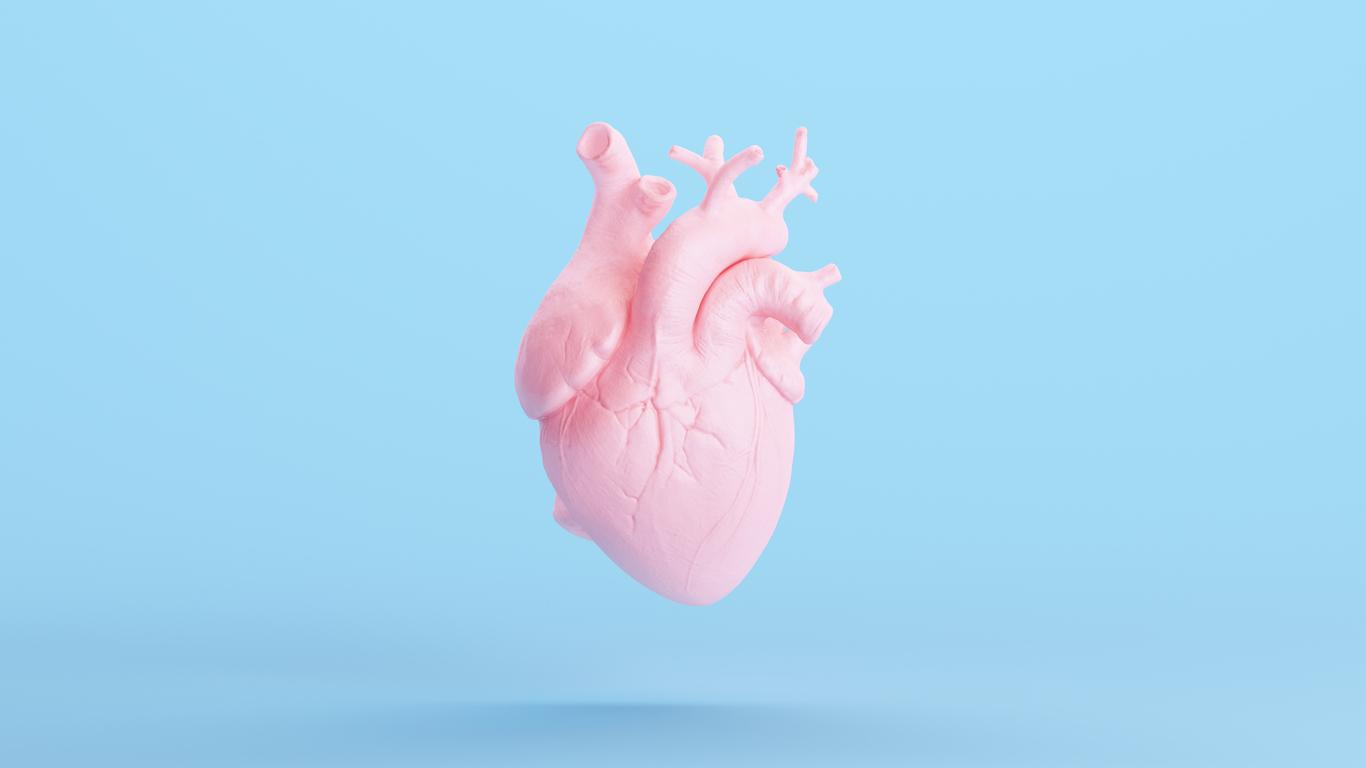When the heart can no longer pump blood, the pressure in the heart’s cavities and circulatory system increases. This is called congestive heart failure.
The heart is a contracting muscle that pumps oxygenated and nutrient-rich blood to the body through the circulatory system. There are four cavities in the heart, where blood is collected and then distributed to the lungs and the rest of the body.
There are several conditions that prevent the heart from circulating blood effectively. Injury or diseases of the heart muscle or heart valves can disrupt the functioning of the heart, preventing proper blood circulation. Coronary artery disease, high blood pressure, or narrowed or clogged arteries disrupt the blood supply through the arteries, increasing the workload on the heart.
As a result of an excessive load on the heart, an enlarged heart that functions poorly is created. Ultimately, the heart fails to continue pumping the amount of blood that is being supplied. This increases the pressure in the heart cavities and the vascular system, resulting in fluid accumulation in body tissues. When these events become more frequent and progressively worse, it is called congestive heart failure (CHF).
As CHF increases, the legs and feet swell due to fluid buildup; medical name: edema. Fluid can also accumulate in the lungs, resulting in shortness of breath. Ultimately, heart failure can also affect the function of the kidneys. The fluid accumulation in the body then increases even more and the diseased heart has to exert even more effort. CHF is a chronic condition, with little chance of long-term survival. Bee damaged heart valves surgery may be necessary.

















